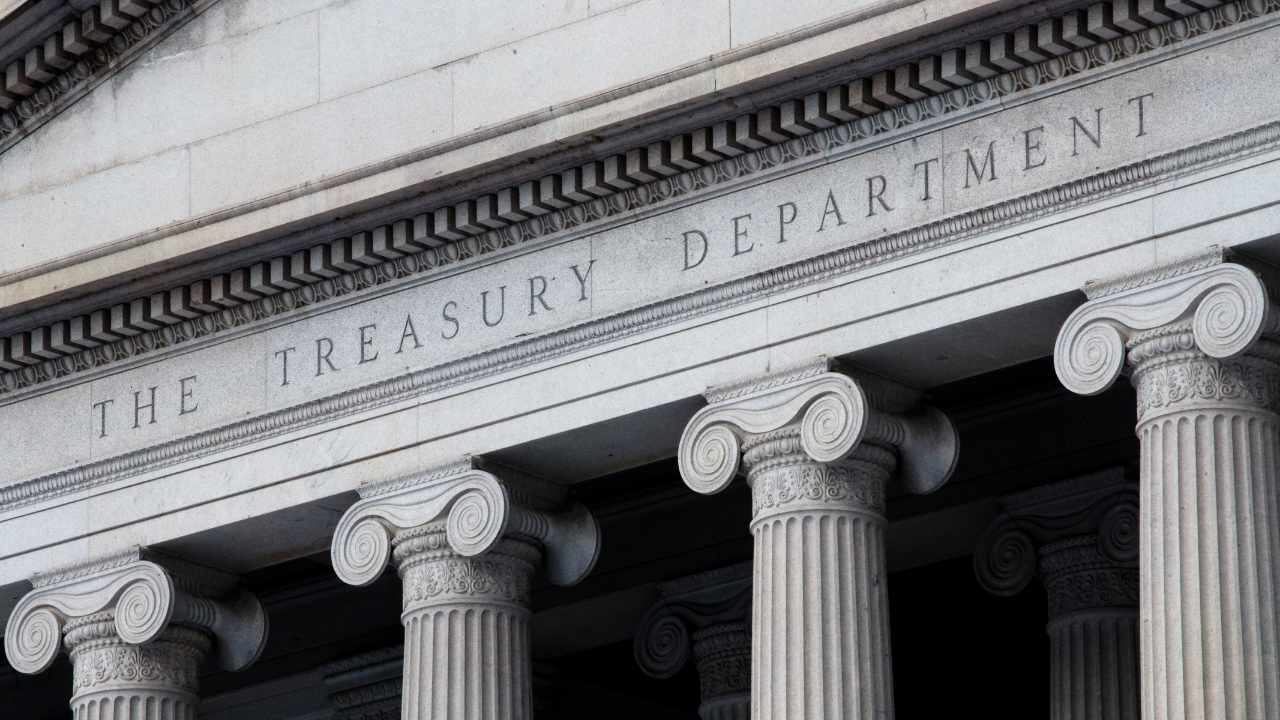US Treasury Clarifies How to Comply With Regulations on Sanctioned Crypto Mixing Service Tornado Cash – Regulation Bitcoin News

The US Treasury Department has answered some regulatory compliance questions regarding Tornado Cash, a recently sanctioned crypto mixer. Answers include how to withdraw crypto or complete transactions initiated with Tornado Cash prior to its sanction and how to handle “dust” transactions.
The Treasury Department publishes Tornado Cash FAQs
The US Treasury Department on Tuesday answered some frequently asked questions about the sanctioned cryptocurrency blending service Tornado Cash.
On Aug. 8, the Treasury Department’s Office of Foreign Assets Control (OFAC) sanctioned the Ethereum-based mixer, barring US persons “from engaging in transactions involving Tornado Cash or its locked property or interests.”
One of the questions concerns the completion of Tornado cash transactions initiated prior to the sanction. In order to complete the transactions or withdraw the cryptocurrency without violating US sanctions rules, the Treasury Department stated:
US persons or persons transacting within US jurisdiction may apply for a specific license from OFAC to transact with the relevant virtual currency.
“US persons should be prepared to provide at least all relevant information regarding these Tornado Cash transactions, including the sender’s and beneficiary’s wallet addresses, transaction hashes, the date and time of the transaction(s), and the amount(s) of the virtual currency,” the Treasury added.
Another question concerns the reporting requirements of “dusting” transactions. The Treasury Department noted that OFAC is aware that “certain US persons may have received unsolicited and nominal amounts of virtual currency or other virtual assets from Tornado Cash, a practice commonly referred to as “dusting.”
While the Treasury warned that “technically OFAC regulations would apply to these transactions,” the Treasury explained that if these dust transactions have no sanction linkages other than Tornado Cash:
OFAC will not give enforcement priority over delayed receipt of initial freeze reports and subsequent annual reports of freeze property from such US persons.
The Treasury Department emphasized that “US persons are prohibited from participating in Tornado cash transactions, including through OFAC-identified virtual wallet addresses.” However, the authority made it clear:
Interacting with open source code, even in a way that does not involve a prohibited transaction with Tornado Cash, is not prohibited.
Attorney Jake Chervinsky shared his thoughts about OFAC’s clarification in a series of tweets. He noted that the FAQs “do not fully address the collateral damage caused by deportation.” Commenting on OFAC that “each person must file their own individual license application,” Chervinsky said, “It shouldn’t be necessary: US citizens shouldn’t have to ‘apply’ for their own money.”
Regarding the dusting, he said that since victims are required to file initial lockdown reports and subsequent annual reports, “if those reports are delayed, enforcement remains on the table.” The attorney emphasizes:
Deprioritizing Law Enforcement Is Not Enough: OFAC should not even consider prosecuting victims.
Following the sanctioning of Tornado Cash, Coin Center, a nonprofit that focuses on cryptocurrency policy issues, said OFAC exceeded its legal authority.
What do you think of the Treasury Department’s clarification regarding the Tornado Cash blending service? Let us know in the comment section below.
photo credit: Shutterstock, Pixabay, WikiCommons
Disclaimer: This article is for informational purposes only. It is not a direct offer, or a solicitation of an offer to buy or sell, or a recommendation or endorsement of any product, service, or company. Bitcoin.com does not provide investment, tax, legal, or accounting advice. Neither the company nor the author is responsible, directly or indirectly, for any damage or loss caused or alleged to be caused by or in connection with the use of or reliance on any content, goods or services mentioned in this article.